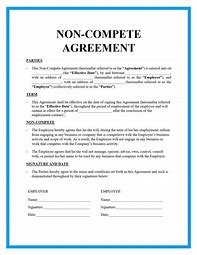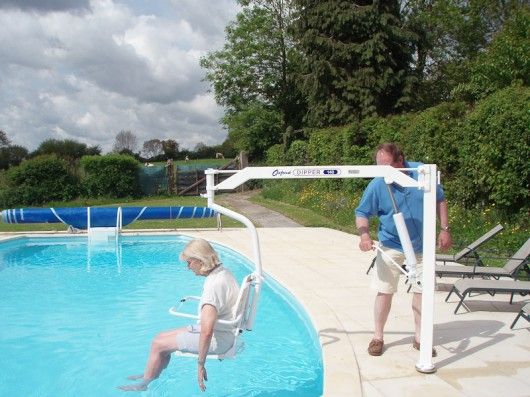Below is a review of the posts (on Facebook, LinkedIn, and Twitter) from the past week. You can check out the full posts by clicking on the links.

The post on Sunday 7/9/2023 confirmed NLRB General Counsel aims to outlaw broad non-compete provisions in employment contracts – everyone cares because it is tied to Section 7 which applies to ALL workplaces. The 5/30/2023 memo from Jennifer Abruzzo follows the FTC proposed rule banning non-competes. Abruzzo believes that non-competes chill five protected activities under Section 7 of the NLRB (which apply to ALL work-places, not just unionized ones) as listed in the post. If the NLRB agrees and adopts this as a standard, then non=competes will need to be narrowly-tailored as noted in the post – something similar to the standard adopted by the Board relative to severance agreements. So why do employers care about this? It is a clue as to what Abruzzo will prosecute, or at least focus on, and how regional offices must proceed (see the post).
TAKEAWAY: Be prepared for the future with only narrowly-tailored severance agreements and non-competes – work with your employment lawyer now.

The post on Monday 7/10/2023 explained that employers are more exposed to AI-related lawsuits – and how to protect your company. Use of AI comes with more than a little risk for employers, at least at this point, so they must know ways in which they can mitigate that risk. Policies and checks (as described in the post) can help. There are 2 suggested steps, assessing the nature of your workforce and workplace (with the end goals being those listed in the post) and mapping out who will be using AI and to what extent (with an example in the post).
TAKEAWAY: AI can be helpful to employers but must be used appropriately – so be wary if it’s in your arsenal.

The post on Tuesday 7/11/2023 told us Covius sued by EEOC for disability discrimination. Covius is a provider of services, solutions and technology for financial companies. As part of the lawsuit filed against it at the end of June, the EEOC alleged that Kelli Ebert was scheduled for a job interview after an outside recruiter suggested that she was qualified for a customer service position. Ebert noted some medical conditions and the medications she was taking (see the post) during the interview. Covius did not hire her because of her use of the meds – but did hire two other applicants whose qualifications are discussed in the post. When conciliation failed, the EEOC filed suit, alleging a violation of the ADA. What remedy does the EEOC seek? See the post.
TAKEAWAY: The ADA bars adverse action against employees and applicants based on a disability, perceived disability or record of a disability. Talk to an employment lawyer before taking action that might lead you into litigation.

The post on Wednesday 7/12/2023 let us Ask the condo/HOA expert: pool accessibility for the handicapped? This is a pretty important issue this time of year (or year-round like some states’ weather allows or if there is an indoor pool). While associations are not required to make pools accessible, they must make “reasonable accommodations” for residents who require it. What are some examples of reasonable accommodations? See the post. And keep in mind that if accessi-bility comes at no or a low cost to the Association, reasonable accommodation might require the Association to act.
TAKEAWAY: Know the law and how it may or does impact your association. Have a community association lawyer on speed dial.

In the post on Thursday 7/13/2023 we noted homeowner frustrated after HOA backtracks on approval for simple yard modifications. Has this happened in your association? If so, do you know why? Here the owner built a retaining wall in their backyard. They received HOA approval and the neighbors (which is required in some associations). Then they received a notice from the HOA saying there was no approval. What did the HOA want them to do? See the post. And how did it then not go smoothly for the owner? See the post.
TAKEAWAY: Know what the Governing Documents in your association do and do not allow – and how they are to be enforced. A community association lawyer can help.

The post on Friday 7/14/2023 told us the Supreme Court agrees to hear Title VII employer discrimination case involving job transfer. The case is Muldrow v. St. Louis. Jatonya Muldrow was a sergeant with the police department. She sued, alleging sex discrimination by being involuntarily transferred from the Intelligence Division to a patrol position when her supervisor wanted to hire a man for her job. The appellate court ruled in favor of the police department; the basis for its ruling is in the post. Muldrow then asked the Supreme Court to hear the case. The Court did not make a decision immediately, but instead asked the Biden administration for its view. What was said in the Administration’s urging that the Court take the case is noted in the post. Finally the Court agreed to accept the case, but on a narrower issue (as noted in the post).
TAKEAWAY: Sometimes procedure trumps policy; the Court here will decide whether that is the case. Stay tuned for the ruling later this year.

Finally, in the post yesterday 7/15/2023, we read that EEOC sued Liberty Oilfield Services for race and national origin discrimination. Liberty allegedly subjected 3 mechanics at a Texas facility to discrimination and harassment. Or that’s what the EEOC alleged in a suit filed in late June. The suit claims that a Black mechanic and two Hispanic co-workers were subjected to a hostile work environment and referred to in derogatory terms (including those noted in the post). The employees reported the actins to supervisors, management and HR, but Liberty did nothing. Well, nothing corrective. What Liberty did, and its result, is noted in the post. The suit seeks monetary and nonmonetary relief as listed in the post.
TAKEAWAY: Don’t treat employees differently based on a protected characteristic – and don’t take adverse action after they complain about the discrimination/harassment.

 York, Pennsylvania 17403
York, Pennsylvania 17403